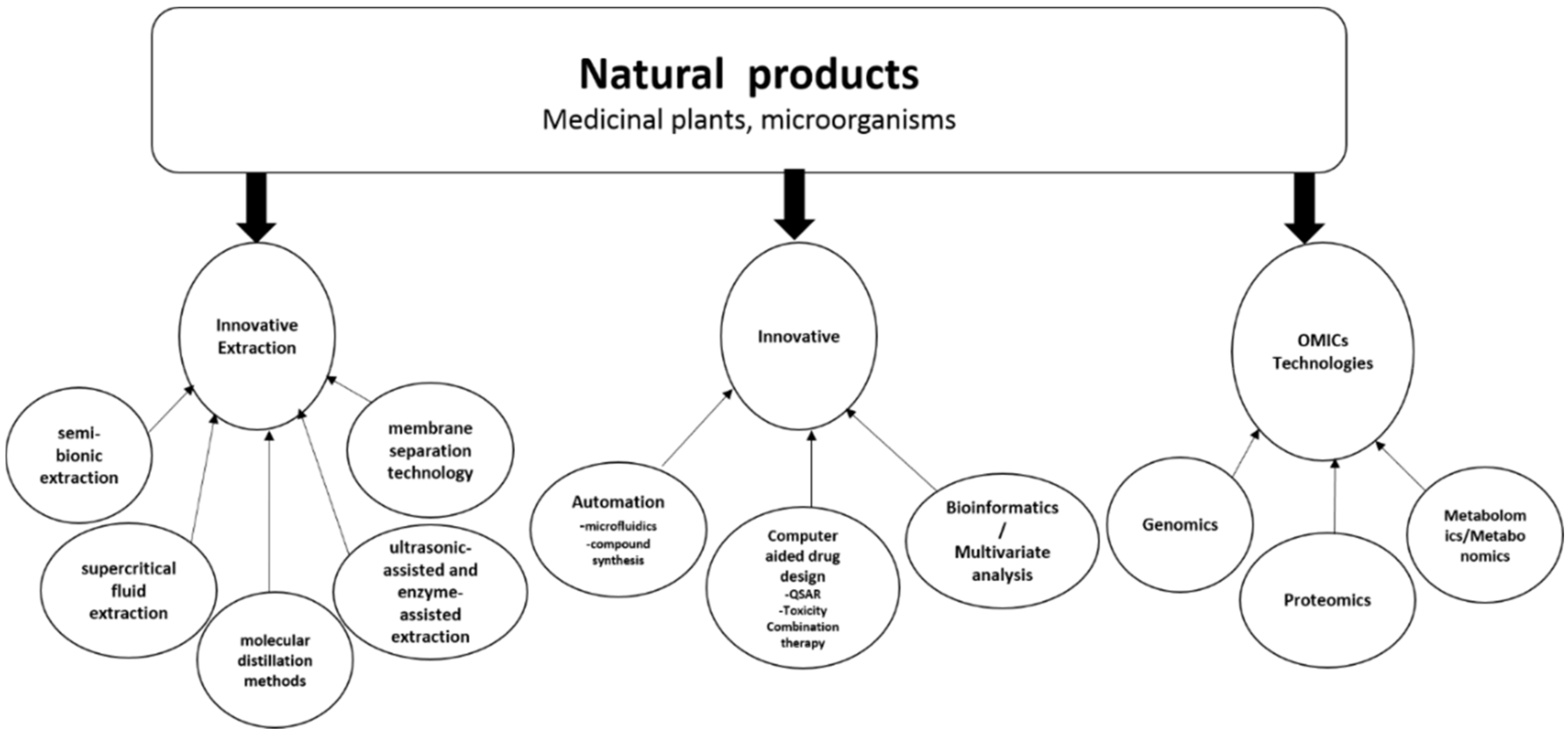Comparable to other persistent diseases such as diabetes, heart disease, and cancer, addiction is an illness and recovery is not constantly a straight line. There are a million reasons that somebody regressions, however dependency specialists concur that avoiding triggers-the situations and feelings that make drugs attractive-is half the fight. According to Elizabeth Hartney, a leading dependency expert, the top 5 factors that those having problem with dependency relapse are: Stress: Tension is among the top causes of regression.
Individuals or Places Connected to the Addictive Habits: Being around people and locations associated with one's addiction can frequently push a person to relapse (how many people go to video game addiction treatment centers). For instance, going back to a preferred bar may tempt an individual to choose up the bottle again. It's better to prevent these temptations, specifically in the early phases of recovery.

For that reason, usually as a part of treatment, it's important to establish reliable methods of managing, these sensations - why aren't addiction treatment centers federally regulated. Seeing or Picking Up the Item of Your Addiction: In healing, even a minor pointer of the things of the addiction, such as seeing a portrayal of addictive habits on television, can result in relapse.
Times of Event: A lot of scenarios that can trigger relapse are viewed as negative (what different kinds of treatment exist for addiction). Nevertheless, in some cases favorable circumstances such as times of event, where alcohol or drugs exist, are just as risky. Preventing such occasions or bringing along a relied on buddy can assist in avoiding relapse. While relapse may happen for some and not others, it's crucial to keep in mind that regression does not suggest failure.

The What Are Some Forms Of Treatment Available To Those Suffering From Opioid Addiction? Ideas
Treatment: Addiction has both psychological and physical elements to think about, and both need to be handled throughout treatment to enhance a recovery with less and less significant episodes of relapse. Stability is typically reached through medical detox, as the preliminary treatment goal is to remove the drugs or alcohol safely from a person's body and brain while minimizing potential withdrawal side impacts.
Cognitive Behavior Modification (CBT) is a reliable tool for boosting treatment and helping to decrease relapse, as the journal Psychiatric Clinics of The United States and Canada specifies that abstinence rates might be increased with using CBT methods. Behavior modifications assist a person to become more self-reliant and able to resolve possible stressful circumstances that may arise.
Stress is a typical trigger for relapse. By finding out ways to manage both external and internal stress factors with CBT, individuals may have the ability to prevent a possible relapse. Studies published in the journal Psychiatric Times have shown that CBT may in fact assist to improve an individual's neurobiological circuits in the brain.
Remaining in treatment for the entire length of the program is necessary to prevent prospective relapse. This ensures that new techniques and coping systems are strongly in location before being reestablished to daily life - what is drug addiction treatment. Length of time in treatment has actually been straight correlated to continued abstaining and recovery, Psych Central reports, with those who are able to remain in treatment for longer being most likely to avoid relapse down the line.
7 Simple Techniques For What Constitutes Successful Treatment Addiction
Medications might also work throughout pompano beach fl mental health facility dependency treatment to control state of minds, handle withdrawal, and keep drug yearnings to a minimum. As a result, they are often an important part of a complete treatment program. Comprehensive compound abuse treatment programs frequently include both restorative and pharmacological methods to promote and sustain recovery while working to minimize regression and supervisor use activates.
MISSING OR SHAKY SUPPORT GROUP: Recovery from addiction needs a development of support group of other individuals in recovery who genuinely comprehend what a addict is going through. For many addicts and alcoholics, quicker or later there is a day or time when sobriety is challenged in some method, and it's important to know whom to turn to throughout these times.
Some individuals likewise discover assistance through online dependency recovery neighborhoods or through counseling. Not constructing a support group, make one more susceptible to getting a drink or drug when tempted. SPENDING TIME THE SAME PEOPLE AND PLACES: Throughout the years of drank or drugged episodes one develops relationships based upon that addictive habits, and an addict will accompanied particular people or in particular locations.
Not changing the environment or circle of good friends, there is a great chance of temptation, and motivation to go back to your old methods. Recovering from dependency implies beginning a new life, and this continue reading this probably includes breaking old ties. Structure brand-new friendships, new routines and make healthier choices. Holding on to the old ones is asking for trouble.
Some Known Facts About Which Of The Following Are Important Elements In Effective Family Treatment Of Addiction?.
For others, it could be seeing people drinking on TELEVISION or in a motion picture or strolling past alcohol shops or big screens of alcohol in benefit shops. Triggers could also be volatile or unfavorable emotions such as anger, unhappiness or stress. To remain sober, one need to know individuals, locations or things that might trigger a yearning.
Sharing these sensations with a sober pal or composing them in a journal will help get a better perspective. Knowing new coping abilities for dealing with tension and brand-new ways to react to triggers. Finding out to get in touch with feelings and discover brand-new methods to process unfavorable emotions. HAVING AN UNDIAGNOSED MENTAL HEALTH ISSUE: Many use alcohol or drugs due to the fact that they are attempting to self-medicate psychological health issues such as stress and anxiety or depression.
It is very important to complete a full psychiatric diagnosis and inform mental health experts, of any pass treatments or psychological problems undermining progress. Sobriety has to continue to be a leading priority in your see post life, and one need to be acutely knowledgeable about the things that may trigger yearnings. Medical diagnosis and DSM 5: The DSM-V recognizes substance-related conditions arising from making use of 10 different classes of drugs: alcohol; caffeine; cannabis; hallucinogens (phencyclidine or similarly acting arylcyclohexylamines, and other hallucinogens, such as LSD); inhalants; opioids; sedatives, hypnotics, or anxiolytics; stimulants (including amphetamine-type substances, cocaine, and other stimulants); tobacco; and other or unknown substances.
The activation of the brain's reward system is main to issues developing from drug use; the rewarding sensation that people experience as a result of taking drugs might be so profound that they neglect other normal activities in favor of taking the drug. While the pharmacological systems for each class of drug are various, the activation of the reward system is similar across compounds in producing sensations of satisfaction or bliss, which is typically described as a "high." The DSM-V recognizes that people are not all automatically or equally susceptible to developing substance-related conditions and that some people have lower levels of self-discipline that incline them to develop problems if they're exposed to drugs.
How Would A Solution Focused Therapist Approach Treatment For Addiction - Truths
Substance-use disorders are patterns of signs arising from the usage of a substance that you continue to take, in spite of experiencing problems as an outcome. Substance-induced conditions, including intoxication, withdrawal, and other substance/medication-induced psychological conditions, are comprehensive along with compound usage disorders. Compound use conditions cover a large range of issues emerging from compound usage, and cover 11 various criteria: Taking the compound in larger amounts or for longer than you're indicated to.